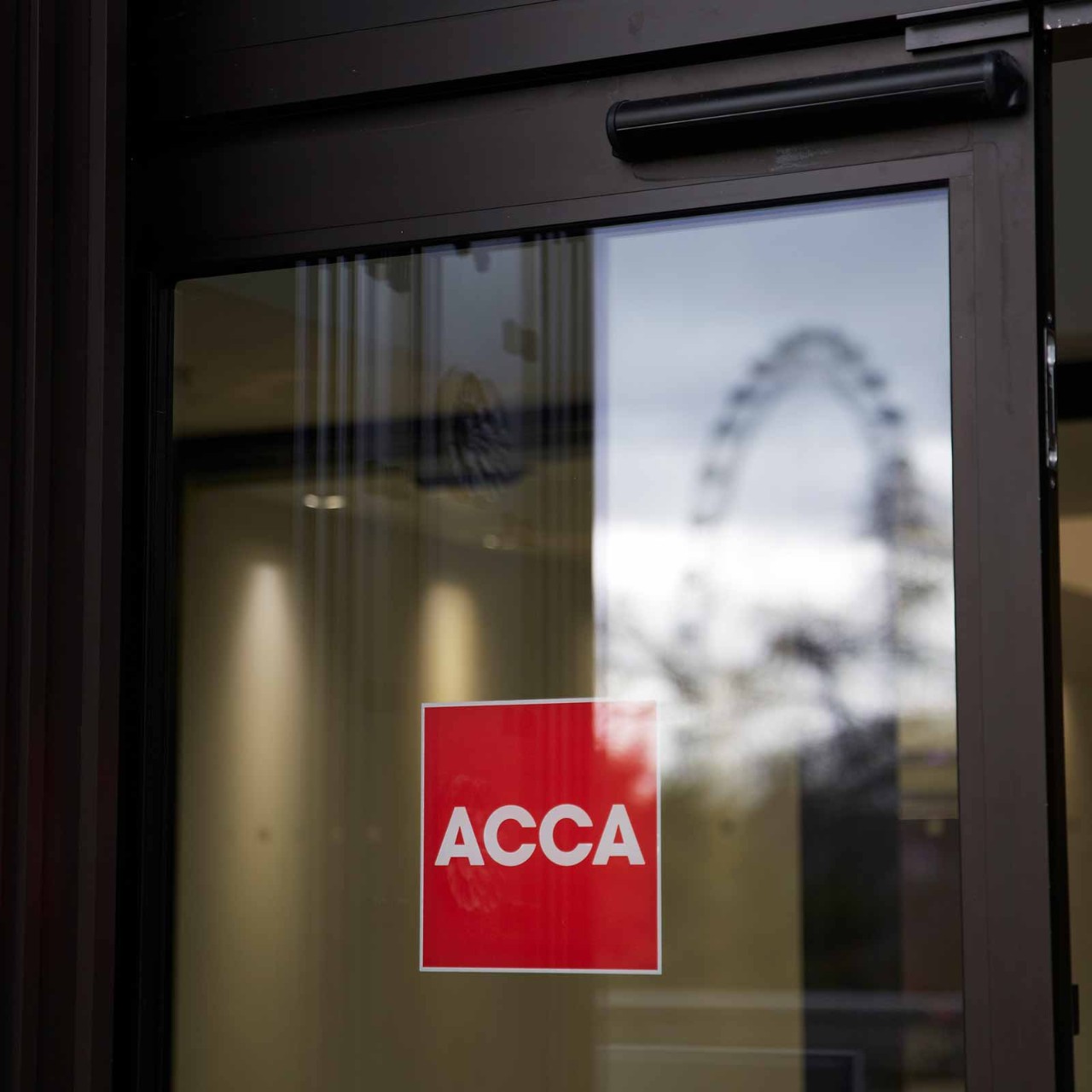
Sustainability
- The trustees of the IFRS Foundation have announced a strategic direction for a new board for setting sustainability standards that meet the needs of the capital markets. The new board will build on existing frameworks, including work on climate-related reporting. Another priority will be meeting the information needs of investors on other ESG (environmental, social and governance) matters. The trustees said the new board would ensure standards create information that is ‘material to the decisions of investors, lenders and other creditors’. The strategy has been backed by the International Federation of Accountants (IFAC).
- IFAC and the International Integrated Reporting Council (IIRC) have launched an initiative to develop guidance on assurance for integrated corporate reports, allowing financial, sustainability, operational, intangible and governance data to be connected in the assessment of an organisation’s performance. An initial consultation paper has been released to spark discussions that may influence International Auditing and Assurance Standards Board (IAASB) guidance and advice from other groups.
- The IIRC has also released additional changes to the International IR Framework for integrated reports. The amendments affect: preserving, creating and eroding value; governance; material disclosures; and more.
- The Global Reporting Initiative (GRI) has launched a tool with business certification organisation B Lab to help companies measure and manage their impact on their workers, customers, communities and the environment. The Complementary Use and Linkage of the GRI Standards and BIA publication offers an online spreadsheet that lets companies note compliance with higher-level GRI standards and the more detailed B Impact Assessment.
- The GRI has welcomed the final report from the UN High-Level Panel on International Financial Accountability, Transparency and Integrity (FACTI). It calls for all private multinational entities to publish accounting and financial information on a country-by-country basis.
Ethics
- IFAC and the International Ethics Standards Board for Accountants (IESBA) have released a final instalment of explanatory guidance on the IESBA code of ethics. It explains the code’s ‘building blocks’ structure, how the blocks interconnect and how they help users identify and access ethics and independence standards.
Quality management
- The International Auditing and Assurance Standards Board (IAASB) has released planned amendments to its quality management standards, notably clarifying the definition and role of ‘engagement teams’ charged with maintaining quality within a practice. The amendments also update all IAASB guidance to align with IAASB’s ISQM 1 and ISQM 2 guidance on policies, procedures and quality management systems.
Goodwill
- The International Organisation of Securities Commissions (IOSCO) has asked IASB and the US Financial Accounting Standards Board (FASB) to work closely together to boost the alignment between IFRS and US GAAP on accounting for goodwill, aiding comparability within IFRS and GAAP financial statements.
Covid-19
- IOSCO’s 2021-22 work programme will prioritise tackling the misconduct, fraud and operational resilience risks worsened by the Covid-19 pandemic. It will also focus on improving the financial stability and systemic risks of non-bank financial services.
- IOSCO has launched a review of its recommendations about liquidity risk management within collective investment schemes, which were released in 2018. The recommendations are to ensure that liquidity risk is managed, including in stressed market conditions. IOSCO will assess how far this guidance has been implemented by members. A report is due in autumn 2022.
- The IASB has warned that accounting honesty could come under major pressure if governments worldwide do not tackle a historically high global debt-to-GDP ratio that is currently over 355% and growing. In a speech, IASB chair Hans Hoogervorst said that with free money driving up stock and house prices during a severe Covid-19 recession with rising unemployment, accountants must be ready to deliver reliable honest data to decision-makers when this ‘economic stress … finally erupts’.
Financial instruments
- The International Association for Accounting Education & Research (IAAER) has asked researchers to submit proposals to the IFRS Foundation to help with IASB reviews on the quality of disclosures provided by companies applying the IFRS 9 and IFRS 7 standards for financial instruments.





